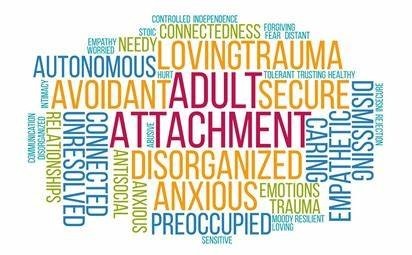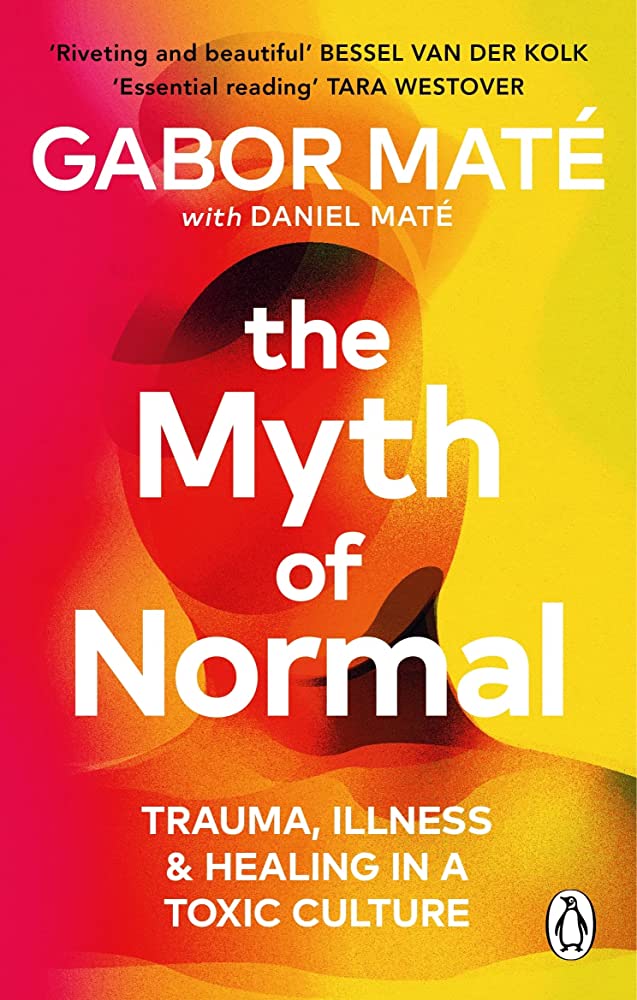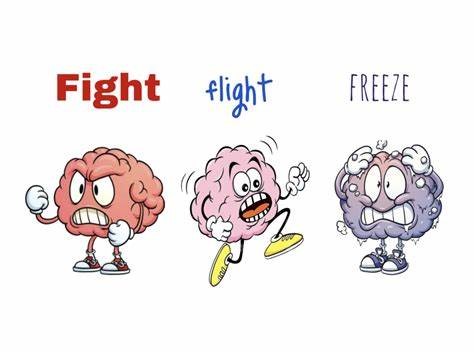Most marriages go through problems at some point, it is perfectly natural. And these problems can, over time, make sustaining the relationship difficult. Some people prefer to try to work through their problems alone, but with almost 10% of all marriages ending in divorce (ONS, 2021), more couples are turning to marriage counselling as a way to work through their differences and repair their relationship. Counselling charity Relate has reported a 30% increase in couples engaging in couples counselling in their 20s and 30s since 2014 in the UK.
What is marriage counselling?
Marriage counselling is a form of therapy in which couples work with a professional to help them through an issue that is affecting their relationship. It is meant to provide couples with the tools to communicate better, to resolves conflict and to reconnect. It is effective if both partners attend the counselling sessions, working together to reconnect, repair and renew their relationship.
Through couples counselling, both partners are given the time and space to speak freely and objectively about the difficulties they are facing. It is not designed to assign blame, or prove one person right. It is there to help couples communicate with compassion and empathy, and with less fear, so they can work through their problems together. Many counsellors see the relationship as the client, with each person having their part to play in repairing it.
Counselling can help you change the patterns of interaction, improve emotional connection and intimacy, and develop healthy lines of communication, so work can continue long after the therapeutic journey has ended.
Who does it work for?
You don’t necessarily need to be at a crisis point, or on the brink of divorce to turn to a professional for help. Couples counselling is also a great way to maintain your relationship so that both you, your partner and your relationship can flourish and thrive.
Younger couples may benefit from counselling as it can help you establish healthy lines of communication from the beginning of your life together. This can provide a solid foundation upon which to build your relationship, enabling you to work through any problems that may arise in future, together.
If you and your partner feel that you could be better, that you want to improve as a partner, then counselling can help you work on your issues and make positive changes that you will both benefit from in the long run.
If you feel that there is a problem in your relationship, no matter how small, early intervention can prevent an issue growing into something insurmountable. Couples who engage with counselling early, give their relationship a much better chance of success.
You should consider couples counselling for a wide range of issues that may be affecting your relationship. If either of you have feelings of anger or resentment. If any problem often results in an argument. If you feel indifferent to your partner, or that you have nothing in common. You may feel that your partner is preventing you from fulfilling your potential. You may feel unsupported, unloved or unappreciated. Or you there may be infidelity, addiction or abuse in your relationship.
Whatever issue your relationship is facing, couples counselling can provide you with the space, the understanding and the tools to work together so that your relationship is strong, healthy and prepared for any future challenges that may arise.
If you feel like your relationship is struggling, please get in touch if you would like to know more about how our counsellors at Personal & Relationship Counselling in Plymouth can help. Please give us a call or email and we’d be happy to answer any questions you might have.









